Just prior to Global Accessibility Awareness Day 2024 on May 16, Xbox announced the development of the Proteus, the company’s latest dive into the accessibility market. Starting this week, the new controller is available to preorder with an expected shipping date of fall 2024.
Xbox revealed the project in a blog post covering the team’s developments on May 15. The Proteus, developed in tandem with ByoWave, features modular adaptivity which lets you move and replace its buttons. As someone who’s always learning about inclusive accessibility in game design, the importance of customizable buttons cannot be understated especially in a controller that lets you create your ideal custom layout.
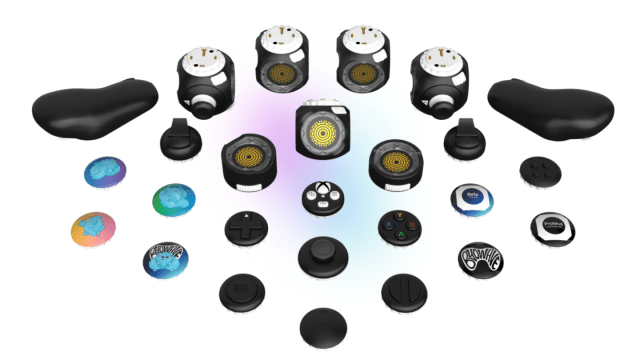
ByoWave was founded in 2020 after Brandon Blacoe’s longtime friend, Eibhlin O’Riordan, informed him during a game jam about how her Ehlers-Danlos Syndrome disability “affected her ability to play video games with one hand”. The ByoWave team developed the Proteus over the following years, taking multiple tech demos to conventions for further tweaking and feedback.
Alongside its portability, the modular “snap and play” feature is a standout for functionality. The Proteus allows users to snap off both the button components and the controller itself, then the player can refit them as needed in different configurations. It effectively allows users to build the shape of their controller for us in whatever way they best find.
Microsoft isn’t the first company to create an adaptive controller with swappable buttons. Sony’s Access Controller offers a similar level of button customization alongside other accessible features, but the Proteus’ compactness is where it really shines. It’s possible to build out a Proteus with just a couple of its orb-like main parts, or connect them together and build a larger device in one go if needed.
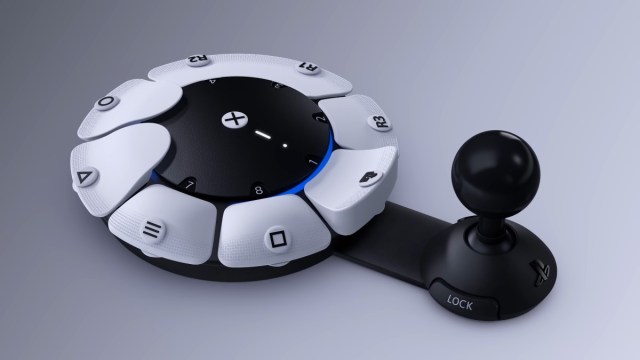
As a bonus, there are also custom LED lighting options customizable to fit the user’s needs, which may be especially useful for those with visual impairments. These lighting and brightness options are all controllable via the Proteus Controller app.
The drawback for the Proteus controller is its steep retail price of $299.99 USD. Xbox’s current accessibility option, the Adaptive controller sits at a price point of around $90, while Sony’s Access Controller has a price of just under $100. There’s currently a discount available that lets you get it for $255, but it’s still a pole jump away from the current adaptive controller prices. This device’s lack of affordability may hold it back from being in the grasp of many gamers.
Overall, the Proteus controller’s functionality is encouraging, and all technology to improve accessibility in video games is always welcome. The Proteus is set to start shipping in Fall 2024, after which we’ll be able to put the technology to the test.


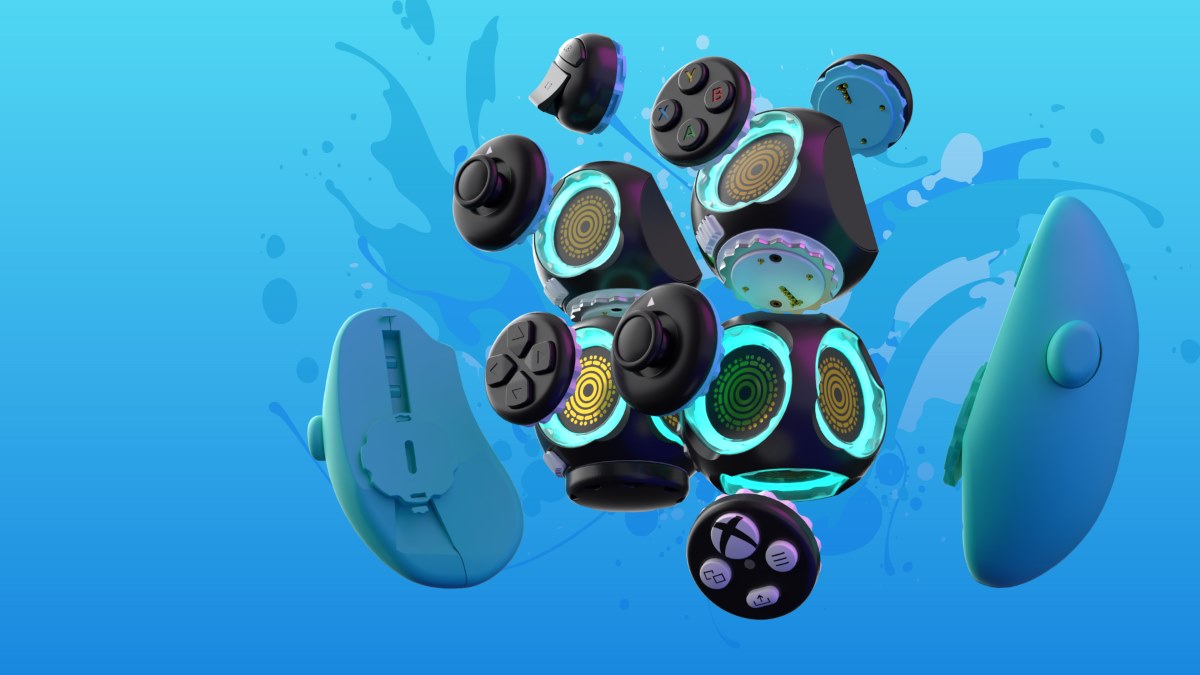
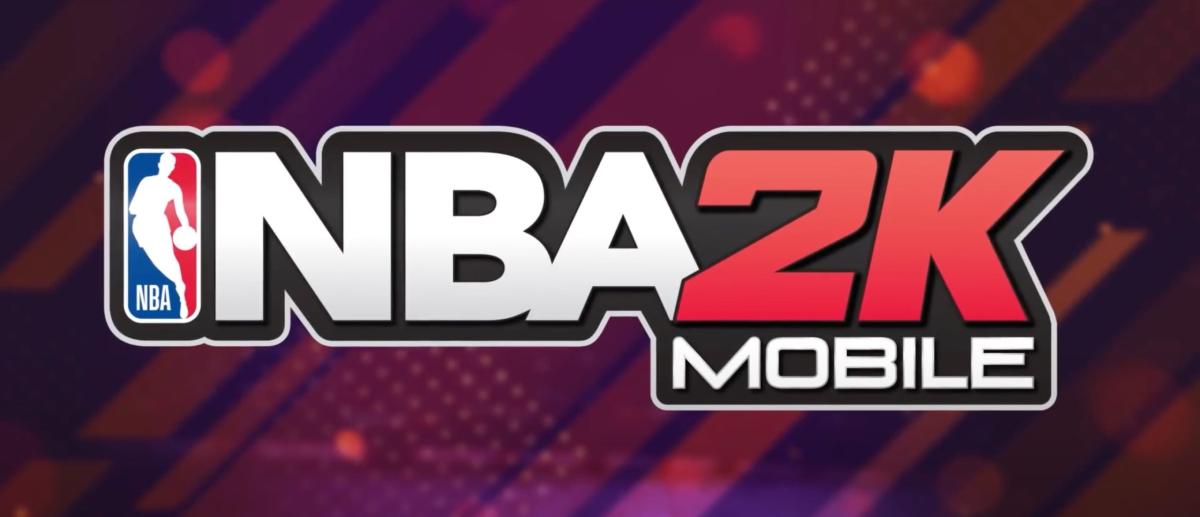






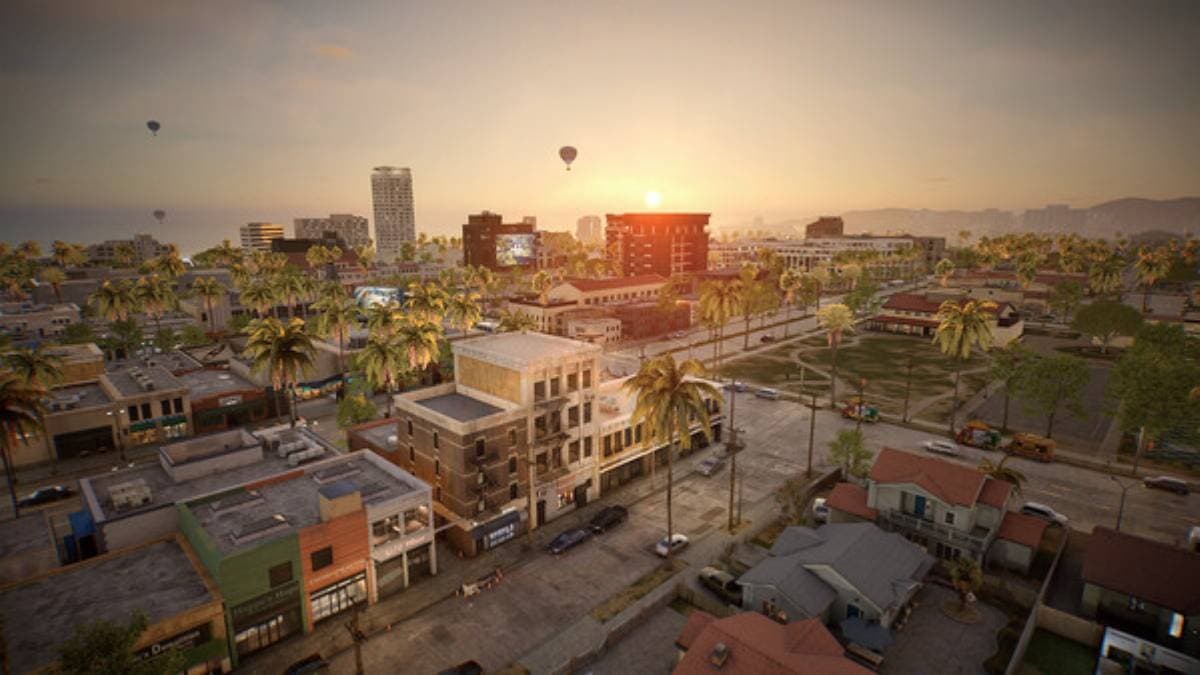
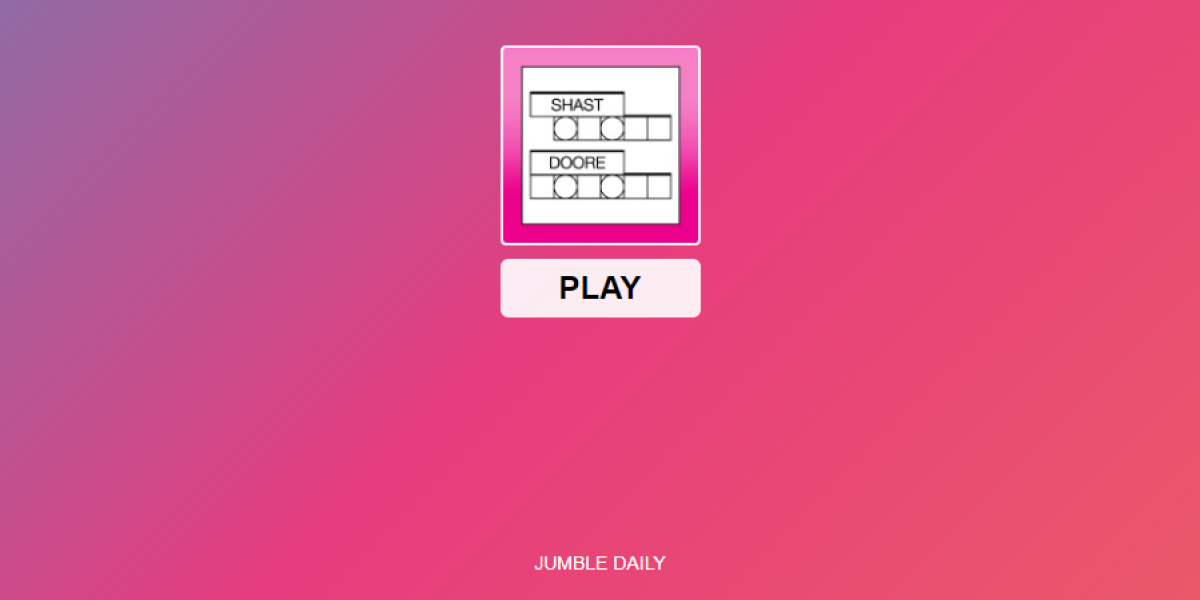

Published: May 18, 2024 12:26 am